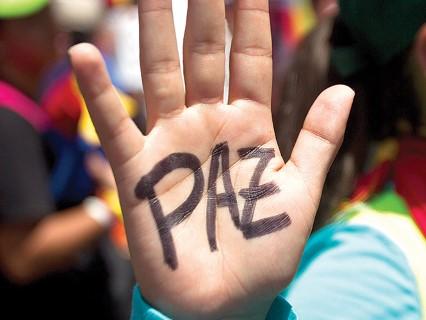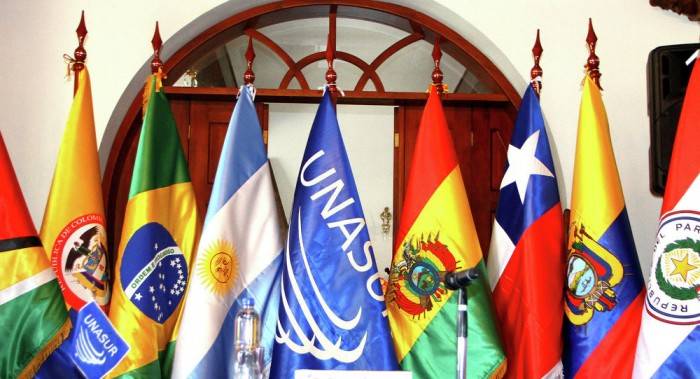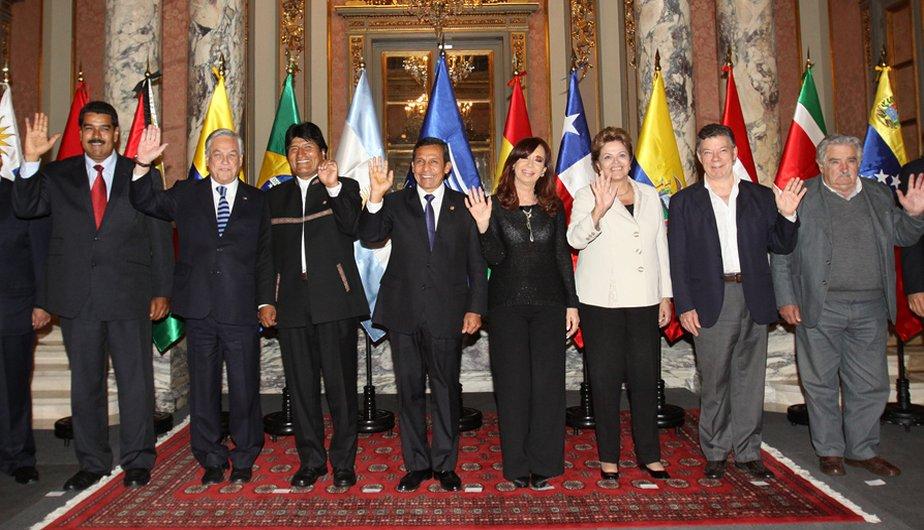
Discussions about the future of integration processes in Latin America have not ceased for several years. Today, there is a clash between two approaches to integration: neoliberal, which equates regional integration with the approval of free trade agreements, and progressive, aimed at strengthening the mobility of migration, trade, capital and information flows in the region. At present, many Latin American countries are more likely to identify themselves with the first concept, which is mainly on the US agenda. This, according to international experts, is the “main paradox”, especially during the period when the administration of Donald Trump is clearly anti-Latin American, as evidenced by such actions as the construction of the “wall”, the persecution of migrants and contempt for global warming in international connections. Under such conditions, the future of Latin American integration seems to be a fundamental issue. What awaits existing regional processes?
With the coming to power of the new Colombian President Iván Duque (Spanish – Iván Duque Márquez) in August 2018, the discussion about the “dismantling” of the UNASUR (Spanish – Unión de Naciones Suramericanas) and the low degree of efficiency of the association became one of the main regional themes . The UNASUR was created in 2004 at the initiative of the governments of the “left” camp of the countries of Latin America. In April 2018, six members of the UNASUR – Argentina, Brazil, Chile, Colombia, Peru, and Paraguay, announced that they would suspend their participation in a regional association, thereby demonstrating their tough stance on the situation in Venezuela. Last August, Colombia officially left the bloc. In early March 2019, Ecuador announced its withdrawal from the UNASUR. However, the hasty decision of the new Colombian government to withdraw from the UNASUR still does not enjoy the support of most countries in the region.
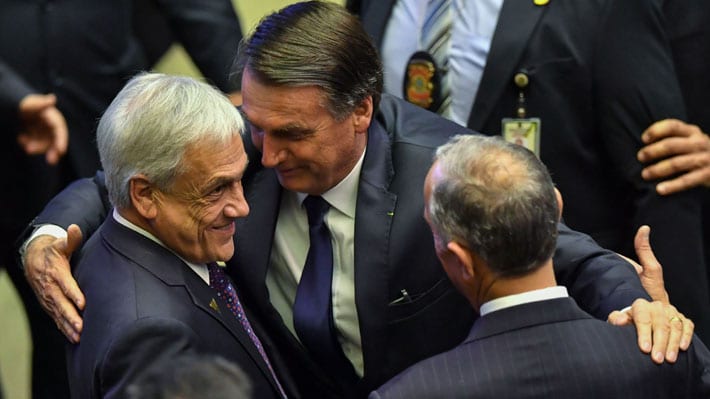
According to statements by official representatives of other participants in the regional association, remaining within the bloc, the countries are not yet ready to finally “end” with the UNASUR. Today, there is a temporary difficulty associated with the difficult political situation in Venezuela, and, paradoxically, the UNASUR also entered a phase of crisis for the same reason that it was once created. After all, the main postulate of the union since its inception in 2004 was the law of consensus. The position of this bloc is due to the presence of contradictory approaches to the understanding of the unity of South America, mainly this happened after several governments of the “right” orientation came to power in the region. It is worth noting that the Brazilian coup against Dilma Rousseff (Spanish – Dilma Vana Rousseff), the impeachment process, which began in late 2015 and lasted until August 31 of 2016, weakened the structure of the UNASUR, while delegitimizing one of the main countries of the organization.
Many Latin American analysts emphasize the importance of this bloc and its relative constancy in the international arena, setting an example of achieving of the UNASUR since its inception. These include the elimination of nuclear weapons in the region, the consolidation of the peace process in Colombia, the resolution of political breakdown scenarios and the reduction of extreme poverty in Latin America.
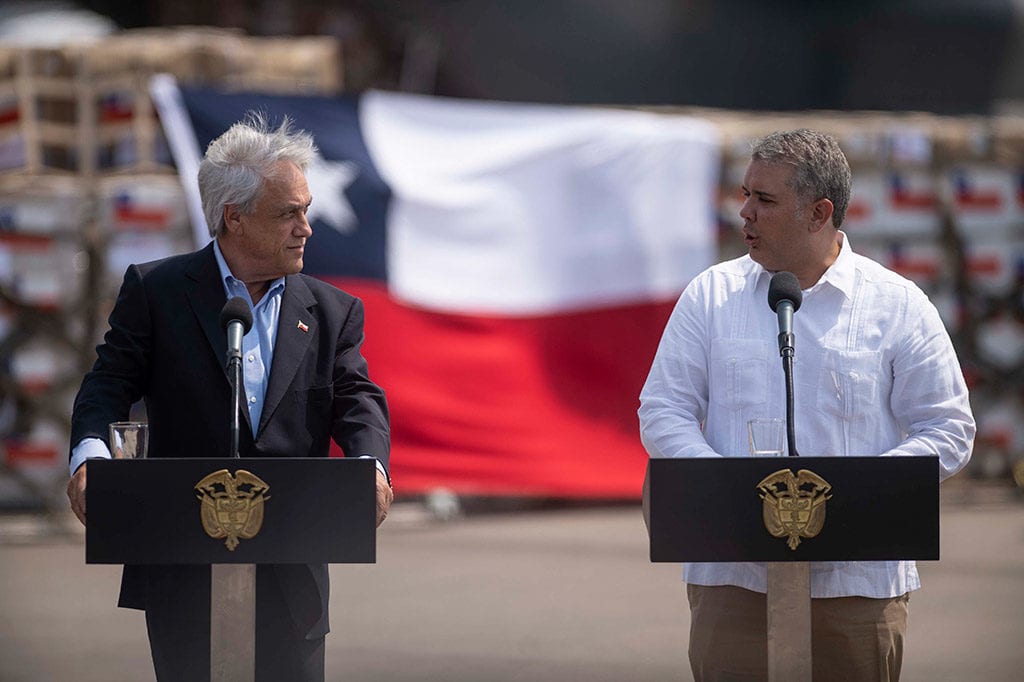
The current Colombian government has already been able to offer a new alternative to the UNASUR. In February 2019, the Chilean President Sebastián Piñera (Spanish – Miguel Juan Sebastián Piñera Echenique) confirmed that he shared the idea of the Colombian leader to create a new association in South America aimed at improving coordination, cooperation and regional integration, free from ideology, open to all and 100% committed to democracy and human rights.
On March 22, in the capital of Chile, Santiago, a meeting of representatives of the new regional Latin American union of the PROSUR will be held (Spanish – Foro para el Progreso y Desarrollo de América Latina, Forum for the progress and development of Latin America), which is already on the heels of the seemingly passing to the Union South American nations.
Many observers are inclined to think that it is quite obvious that the PROSUR is already being created from the opposite ideological side. Its initiators are the presidents of Colombia, Iván Duque, and Chile, Sebastián Piñera. The left governments of Bolivia and Uruguay participated in the preparatory meetings of the PRSUR, but their membership in the new bloc is still questionable. In addition, the format and nature of participation in the new regional organization has not yet been established.
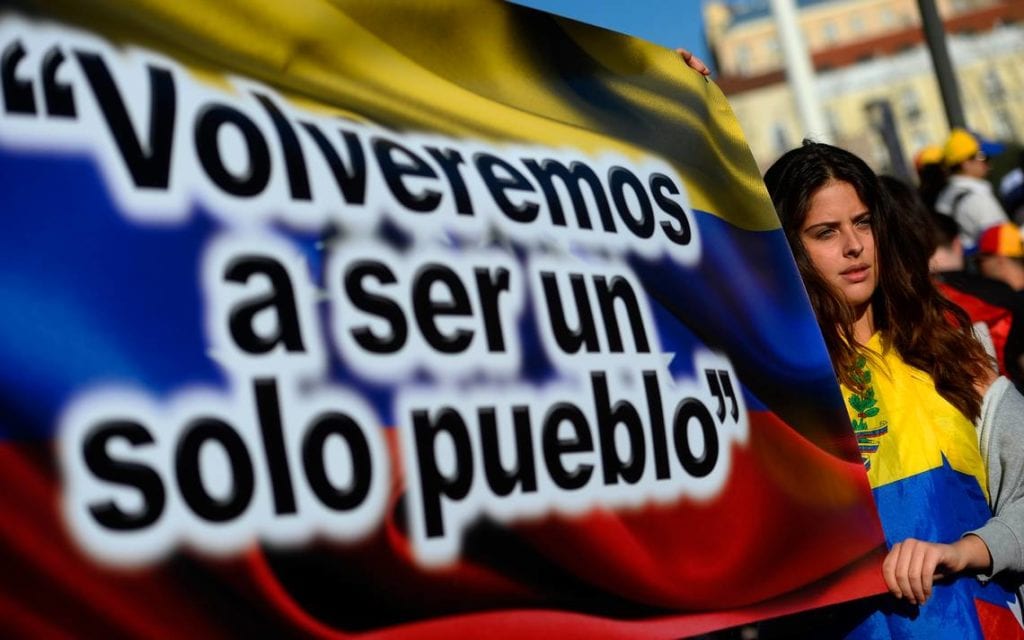
Currently, the countries of the so-called “Lima group” are already involved in the new integration of PROSUR. It is worth recalling that such a block was formed from 14 countries of America hostile to the current Venezuelan government Nicolás Maduro (Spanish – Nicolás Maduro Moros). After the change of government in December of 2018, Mexico distanced itself from the “Lima group”, although initially it was part of it.
Supporters of “left” governments in the region believe that Colombian President Iván Duque followed in the footsteps of Donald Trump (Donald John Trump), who is the main advocate for the restoration of democracy in Venezuela. In their opinion, the Colombian leader actively supports the change of the Maduro regime and creates an increasingly authoritarian government in his country. Although Duque did not quite understand what it means to resist the agonizing regime of Maduro, but because of this he gained popularity among the governments of the “right” sense.
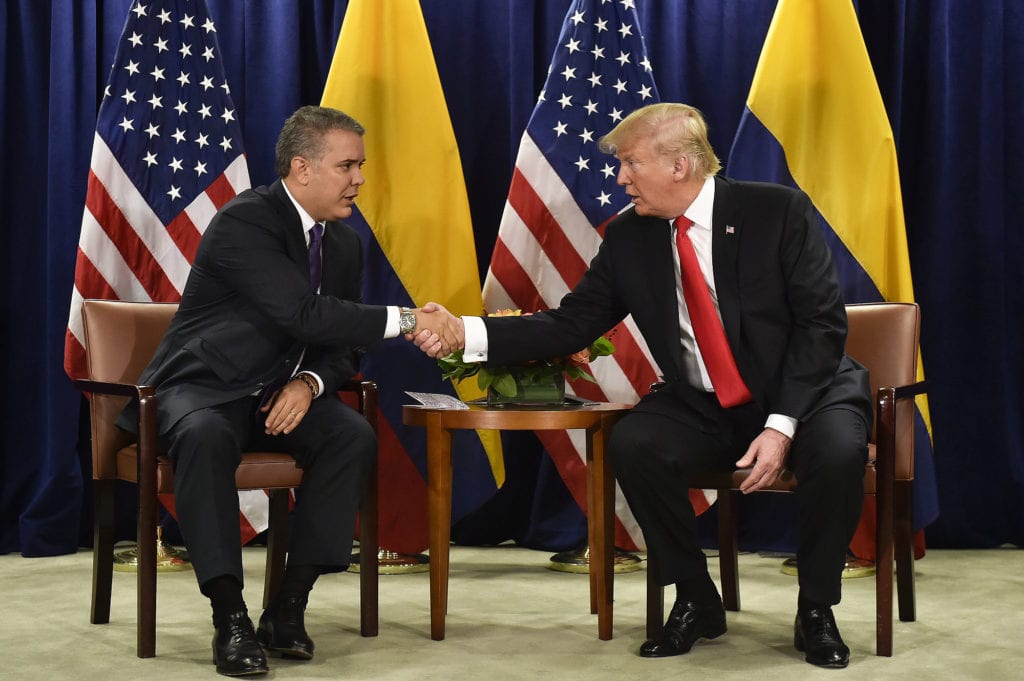
In addition, Maduro has already decided to break off relations with Duque, whom the Venezuelan leader, in his many interviews, calls the “American puppet”, depriving him of the ability to maneuver for the future, especially given the possible complications with the left-wing organization “Army of National Liberation” (Spanish – Ejército de Liberación Nacional, ELN) and with another, much more powerful insurgent group “Revolutionary Armed Forces of Colombia” (Spanish – Fuerzas Armadas Revolucionarias de Colombia – Ejército del Pueblo, FARC-EP). A more moderate position, such as the one that the Uruguayan government took, could provide it with more opportunities for maneuver and a lesser degree of threat along the 2.200 km long common border with Venezuela.
Summing up and thinking about the future of Latin American integration, it is worth referring to the main “bone of contention” in the region – the acute political crisis in Venezuela. The regime change that the White House and their allies are seeking is not an easy task, because after two decades of Chavism, supporters of the great Comandante will not just give up power. Of course, a deep economic crisis and hyperinflation in Venezuela urgently require a change of policy. If the army and paramilitary forces still decide to oppose Nicolás Maduro and overthrow him, a period of provisional government will be needed to restore the economy and hold democratic elections with the participation of both the opposition and the supporters of Chavism, and, as political analysts believe, there will be more of them. Thus, the resolution of the Venezuelan crisis does not seem short-term, which means that both the former structures and the new Latin American integration processes will not be able to develop according to the laws of active dynamics.
